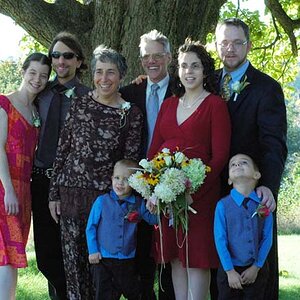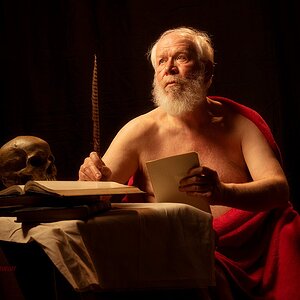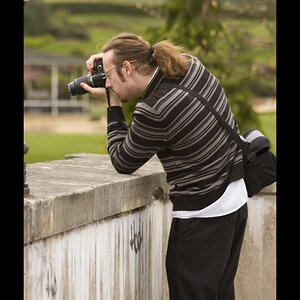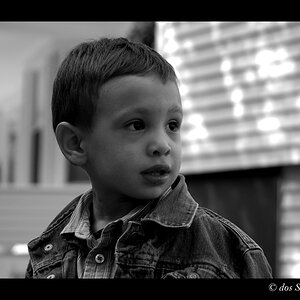I'm considering getting a digital camera for general practice, since with digital I can immediately check the pic on a laptop to see what I did right/wrong.
The only worry is, can you practice taking photos with a digital camera, and "transfer" those skills to a film camera? As in, are the techniques/skills (lighting, exposure, etc) used for digital camera similar to those you use for a film-based camera?
The only worry is, can you practice taking photos with a digital camera, and "transfer" those skills to a film camera? As in, are the techniques/skills (lighting, exposure, etc) used for digital camera similar to those you use for a film-based camera?




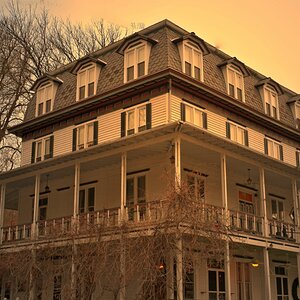
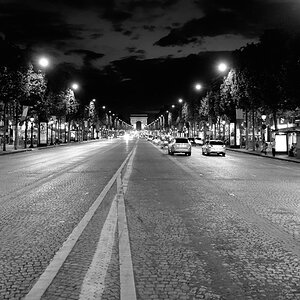
![[No title]](/data/xfmg/thumbnail/37/37602-1ef8dbb1c2d0e4ff347ee65d328c3603.jpg?1619738147)

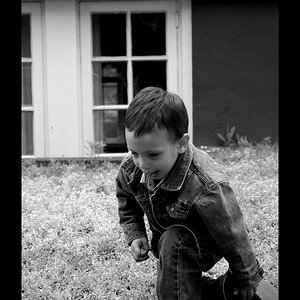
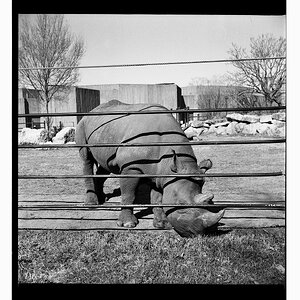
![[No title]](/data/xfmg/thumbnail/33/33489-cc76e5d22658c0f79ccb4ae9d307610d.jpg?1619736003)
